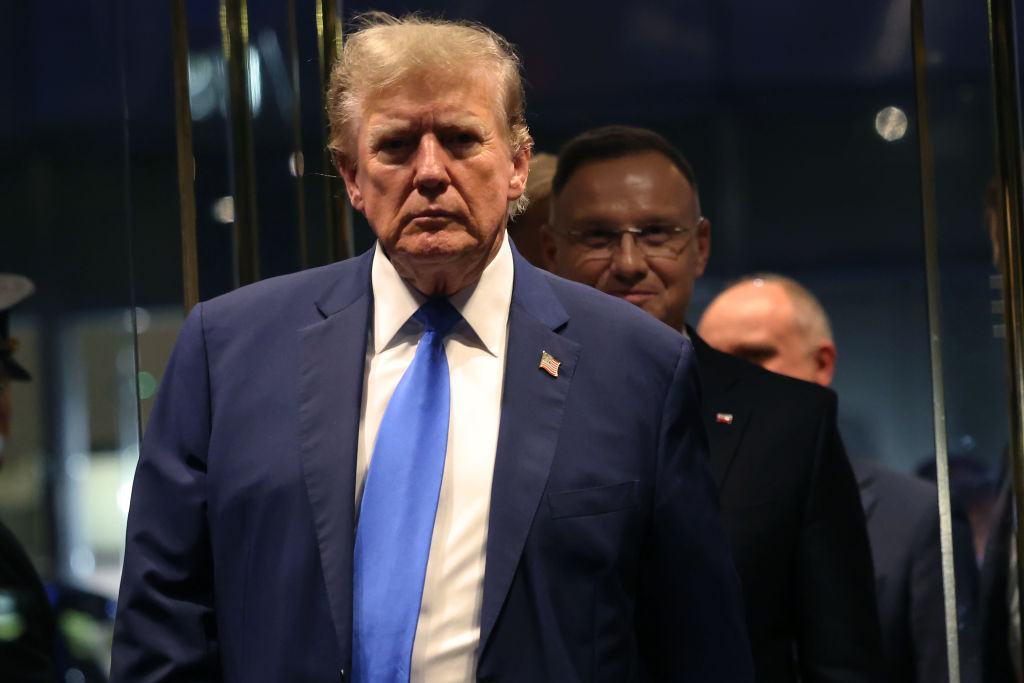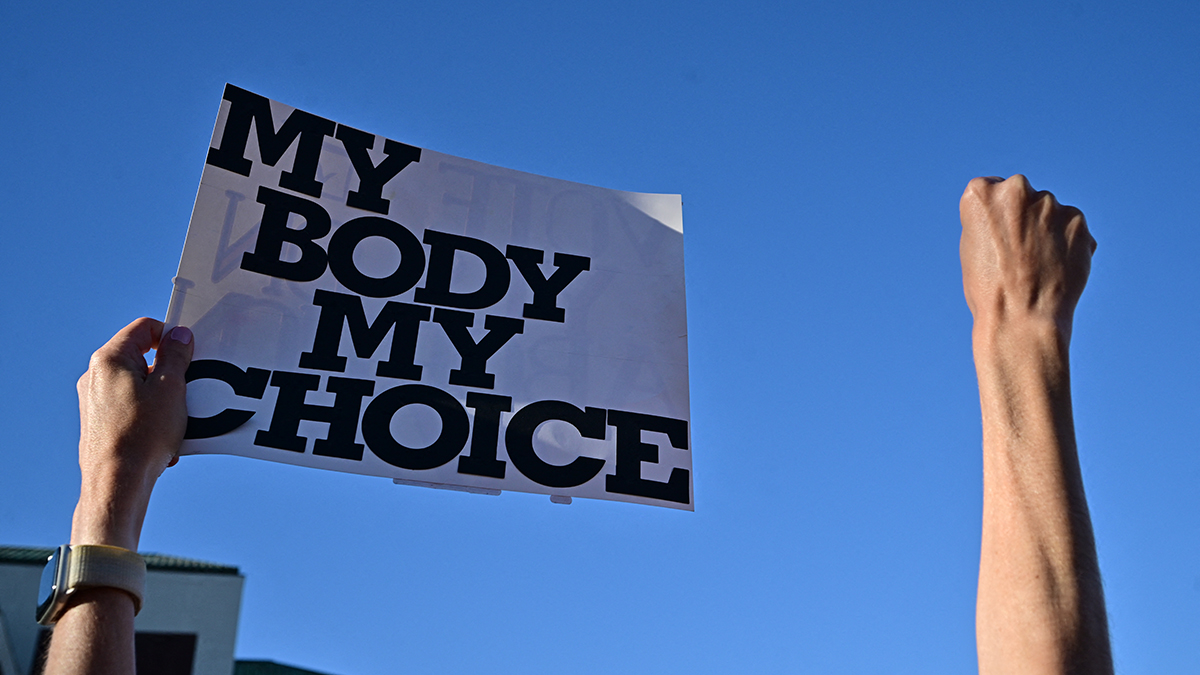Rick Perry, who bashes federal spending everywhere he goes on the presidential campaign trail, has spent 11 years as Texas' governor asking Washington for money.
Perry sought and received $24.2 billion in stimulus funding for Texas while saying the program was bad federal policy. He helped secure more than $100 million to protect against drug violence and illegal immigration on the Mexican border. The governor also endorsed his state's request for money under President Barack Obama's new health care law, though he now promises to help repeal the measure should he win the White House.
Most of all, Perry asked for emergency federal aid for victims of wildfires, tornadoes, hurricanes, droughts, flooding and crop-killing heat waves and freezes in his state's 254 counties. Texans hit by natural disasters "deserve a more immediate, compassionate response from their federal government," Perry wrote in a November 2009 letter complaining that the Housing and Urban Development Department was slow in aiding hurricane victims.
That's a far cry from today's Perry, who has promised to make the federal government as inconsequential in peoples' lives as possible.
"I'm going to show up in Washington, D.C., with a sledgehammer, and they're not going to like it," he said during a recent campaign swing in Iowa.
Perry made 1,180 requests for federal aid since 2001, according to an Associated Press analysis of documents obtained through a state Open Records Act request. That means the governor sent letters seeking money from Washington at a rate of about one every four days.
Perry isn't the only conservative official who campaigns against federal spending while trying to get as much of it as possible. In a letter to the White House in February 2009 requesting stimulus funds, he explained his reasoning. "Through the years, Texas taxpayers have sent substantially more dollars to Washington than we receive on issues ranging from transportation to border security and hurricane relief," he wrote. Texans deserve to "receive their fair share."
Politics
Politics from around the world.
But Perry stands out for the vehemence and frequency of his rhetoric that government programs are threatening the nation's future. He also stands out for getting an especially large share of the benefits. During his tenure, Texas has ranked in the top quarter of states in federal funds received per capita, according to the U.S. Census Bureau.
Perry has asked for money for bioterrorism preparedness at Texas hospitals, for state scientists mapping the bovine genome, for port improvements statewide and for border sheriffs who wanted better communications systems. He implored officials not to scale back the B-1, F-22 Raptor or C-17 fighter-jet projects, or NASA's manned space exploration program -- which are economically important to Texas' Air Force bases and the Johnson Space Center in Houston.
"He's `keep the federal government out of our business' and `everything from Washington is terrible,' and then he is quietly getting as much money as he can," said Jim Dunnam, a former Democratic state representative who once headed a House committee that tracked federal stimulus money sent to Texas.
Federal funds accounted for between 29 and 35 percent of the Texas state budget between 2000 and 2009, and stimulus money saw the percentage grow to near 40 percent in fiscal year 2010, according to the nonpartisan Legislative Budget Board. Nationwide, federal funds were in the 26 to 29.5 percent range in fiscal years 2008 and 2009, and hit 35 percent in stimulus-inflated 2010.
Richard Cole, a professor at the University of Texas at Arlington who has studied the relationship between states and the federal government, said that even without the stimulus spike, the percentage of federal funds in the Texas budget is now higher than it was under Perry's gubernatorial predecessors, Republican George W. Bush and Democrat Ann Richards.
"All governors ask for help from the federal government, but most aren't making the case Perry is making," said Cole, referring to his criticism of government programs.
Katherine Cesinger, a spokeswoman for Perry's campaign, noted that the governor refused to apply for $700 million in federal stimulus education grants that he said had too many conditions. He also turned down around $556 million for the Texas unemployment insurance program. Perry rejects federal intrusions on individual or state rights, she said, but added of Washington, "When it comes down to what their core responsibilities are, you bet we're going to try to hold them accountable and ask them for everything that Texans deserve."
Perry opposes the Obama administration health care overhaul, though Texas state agencies have received $56.9 million in Health and Human Services Department grants alone as part of it. The governor wrote a letter to Washington in August 2010 supporting a $1 million federal grant proposal that Texas wanted to explore setting up a related statewide health care exchange.
Meanwhile, Perry has taken credit for the $78 million in federal Justice Department grants he obtained for the border region between 2006 and 2010, and the $624 million Texas received under the Homeland Security Grant Program since 2005.
He also found himself defending a federal program in May 2009 when the Obama administration wanted to scrap the program's funding for imprisoning illegal-immigrant felons.
In April 2003, Perry also sought a federal bailout for troubled airlines including American Airlines, headquartered in Dallas, and Continental, now part of United Continental Holdings Inc., based in Houston.



